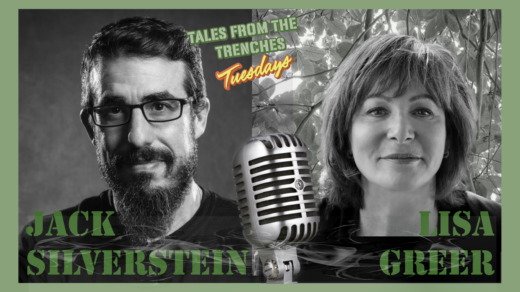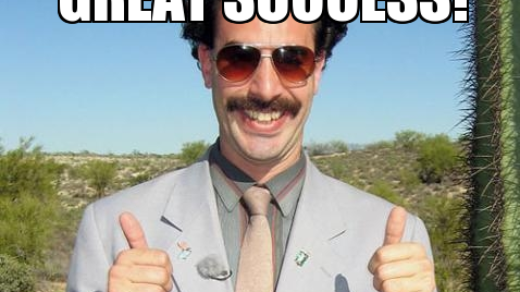
The topic this week is a bit of a bone of contention for me. These are my beliefs as to what it takes to be a great fundraiser. Boards and bosses may have a completely different set of qualities. At the end of the day, I have seen many great managers and many great employees, but a truly great fundraiser is very hard to find.
- High ethical standard. There will always be a way to make a quick dollar, but usually at the expense of the organization that you are serving. Remember that this is a relationship-building vocation. Look long-term in your thinking.
- Charisma or being a people-person. It fascinates me that there are so many introverts in the fundraising world. It must be a huge challenge for them to be comfortable in their roles.
- Creative thinker. I am not saying that every fundraiser needs to invent the Ice Bucket Challenge, but great fundraisers have the ability to think outside the box. They need to be able to respond to the “no” as a response to a solicitation and realize that it actually means “not now.” The great fundraiser will connect the donor to the cause, where appropriate.
- Listener. I have often said that you have two ears but only one mouth, so you should listen twice as much as you speak. Prospects and donors will give you clues as to what energizes them. They may be very subtle, so listen carefully.
- Inspirational. A fundraiser’s job is to inspire those around them. Be it with a prospective donor or with a colleague on their fundraising team. A great fundraiser need not know all the intricacies of a charitable gift annuity but needs to know enough to inspire a prospective donor so that they would want to donate said annuity.
- Patience. I must say that this is probably one of my biggest challenges. I like to move quickly and decisively. That being said, many times, we create our own (fictional) deadlines to coincide with year-end or some other mundane date. Thoughtful gifts often take years to come to fruition.
- Risk tolerant. I have mentioned Noble Failure numerous times in my past blogs. (Here and here). I am not saying that you should go and turn your whole fundraising department upside-down in order to try exclusively new things; rather, pushing the envelope every now and then could prove beneficial. It also relates to questioning the status quo, which I wrote about here.
- Resilient. There will be times (many times) that you will fail. Don’t take it personally. Just as you shouldn’t take it personally when you hit it out of the park. Fundraising is a means to an end, not an end in and of itself.
- Confident. When I used to train volunteers in the art of fundraising, and we got to the part where you set up the face-to-face visit (usually by phone), I would encourage the caller to stand while they made the call. It is a proven “trick” in that one exudes more confidence just by standing. Organizational confidence (the confidence that the organization will spend the funds raised judiciously and effectively) relates to the #1 trait mentioned above.
- Courage. Sometimes the fundraising department is like an island unto itself — cut off from the rest of the organization. One needs to have the courage to push back (albeit respectfully) where appropriate and be the arbiter of truth. Many times, a great fundraiser will have the donors’ pulse for the organization. Without making their minds up for them, the fundraiser will know what projects will resonate with the prospect pool. Sometimes it takes a lot of courage to tell the boards and bosses things they would rather not hear.
Until next week.
L’chaim,
jack




